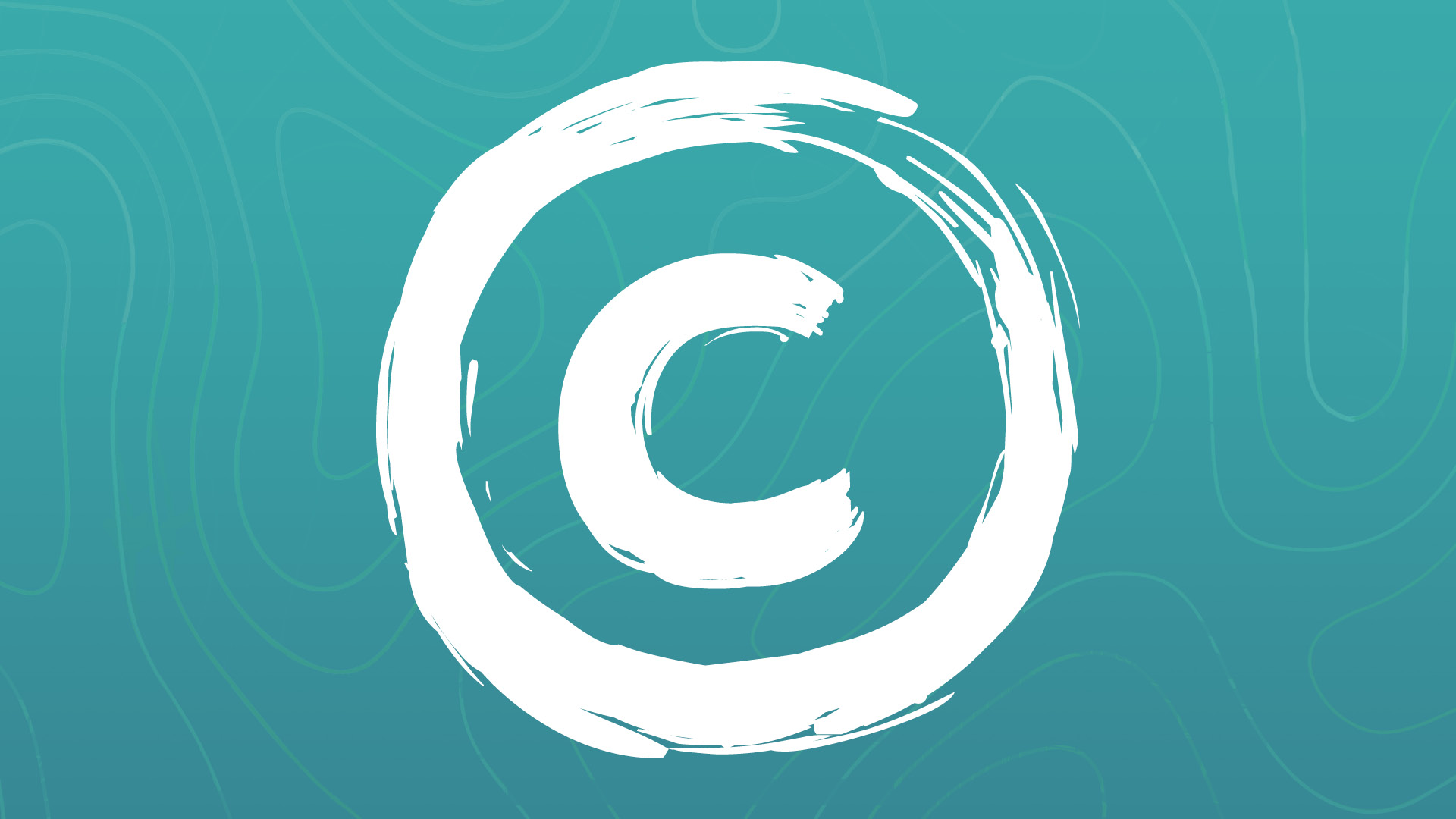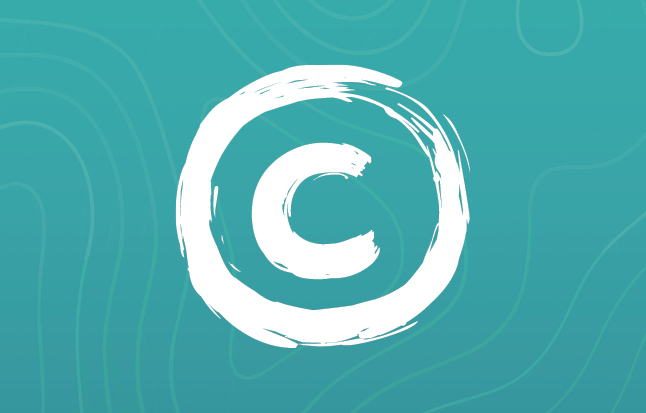- Arbitration
- Banking & Finance
- Capital Markets
- Commercial
- Competition
- Construction & Infrastructure
- Corporate / Mergers & Acquisitions
- Corporate Services
- Corporate Structuring
- Digital & Data
- Dispute Resolution
- Employment & Incentives
- Family Business & Private Wealth
- Innovation, Patents & Industrial Property (3IP)
- Insurance
Find a Lawyer
Book an appointment with us, or search the directory to find the right lawyer for you directly through the app.
Find out more
Level Up: Unlocking Financial Potential In The Middle East
Welcome to this edition of Law Update, where we focus on the ever-evolving landscape of financial services regulation across the region. As the financial markets in the region continue to grow and diversify, this issue provides timely insights into the key regulatory developments shaping banking, investment, insolvency, and emerging technologies.


2025 is set to be a game-changer for the MENA region, with legal and regulatory shifts from 2024 continuing to reshape its economic landscape. Saudi Arabia, the UAE, Egypt, Iraq, Qatar, and Bahrain are all implementing groundbreaking reforms in sustainable financing, investment laws, labor regulations, and dispute resolution. As the region positions itself for deeper global integration, businesses must adapt to a rapidly evolving legal environment.
Our Eyes on 2025 publication provides essential insights and practical guidance on the key legal updates shaping the year ahead—equipping you with the knowledge to stay ahead in this dynamic market.
The leading law firm in the Middle East & North Africa region.
A complete spectrum of legal services across jurisdictions in the Middle East & North Africa.
-
Practices
- All Practices
- Banking & Finance
- Capital Markets
- Commercial
- Competition
- Construction & Infrastructure
- Corporate / Mergers & Acquisitions
- Corporate Services
- Corporate Structuring
-
Sectors
-
Country Groups
-
Client Solutions
Today's news and tomorrow's trends from around the region.
17 offices across the Middle East & North Africa.
Our Services
 Back
Back
-
Practices
- All Practices
- Banking & Finance
- Capital Markets
- Commercial
- Competition
- Construction & Infrastructure
- Corporate / Mergers & Acquisitions
- Corporate Services
- Corporate Structuring
- Digital & Data
- Dispute Resolution
- Employment & Incentives
- Family Business & Private Wealth
- Innovation, Patents & Industrial Property (3IP)
- Insurance
- Intellectual Property
- Legislative Drafting
- Private Client Services
- Private Equity
- Private Notary
- Projects
- Real Estate
- Regulatory
- Tax
- Turnaround, Restructuring & Insolvency
- White Collar Crime & Investigations
-
Sectors
-
Country Groups
-
Client Solutions

- Law Firm
- /
- Insights
- /
- Law Update
- /
- December 2019 – January 2020
- /
- Copyright Protection in Iraqi-Kurdistan
Copyright Protection in Iraqi-Kurdistan
Haydar Jawad - Partner - Corporate / Mergers and Acquisitions / Commercial / Employment and Incentives
Aro Omar

As an autonomous region of Iraq, Iraqi-Kurdistan (Kurdistan Region of Iraq) in 2012, passed its own law to govern copyright and adjacent rights (Region Law No. (17) of 2012) (the Copyright Law). The Copyright Law governs copyright in the jurisdiction and protects the authors of original literary, artistic and scientific works, whatever their method of expression, importance and purpose, with limited exceptions. Stakeholders and interested parties seeking to protect and enforce copyright and adjacent rights would therefore need to rely on the Copyright Law. However, little is known about this Copyright Law due to the limited amount of information that is publicly available. This article provides a snapshot of the Kurdistan Region’s Copyright Law and current practices.
Protection of Author’s Moral and Financial Rights
The Copyright Law gives the author and the author’s heirs/successors financial rights over their work. To this end, the author may either permit or prohibit the following:
- the sale, display, rental or display of the work;
- the copying, printing, recording or photographing of the work by all available means;
- importing copies of the work published abroad;
- the performance of the work, if applicable; and
- the transfer of the work to the public, regardless of the form or the method.
The author is also entitled to moral rights over his/her work, such as the right to attribute the work to him/herself and, in certain cases. to object to the distortion or misrepresentation of his/her work. Protection includes the title of the work even if such is not indicative of such.
The works of foreign authors that are published, acted or presented for the first time in Iraq, are protected by the Copyright Law. However, the works of foreign authors that are published for the first time in a foreign country are not protected, unless the country provides Iraqi nationals with reciprocal protection for their works published or displayed for the first time in Iraq.
The scope of protection provided by the Copyright Law extends to works in both traditional and digital forms, namely the following categories:
- literary (written works, works verbally presented such as lectures, speeches, sermons);
- public recitation of the Holy Quran and religious hymns;
- dramatic (plays, dances, choreography, musical works whether digital or not, etc.);
- musical (whether digital or not and whether accompanied with words or not);
- film (films, broadcasts, and audio-video works);
- artistic (drawing, photograph, sculpting, engraving, and applied and decorative works);
- architectural (illustrative images, maps, designs, drawings and geographical and topographical models)
- computer software (regardless of the language used)
- data bases; and
- sub-works.
Specific categories are unprotected by the law, including but not limited to: abstract ideas; principles, discoveries and scientific data; theories; mathematical equations; flags; the daily news published or broadcasted; and official legal documents.
Although the Copyright Law protects an author’s rights in his/her work regardless of the medium used to communicate it to the public, it does not specifically address copyright infringement over the internet (internet piracy, torrent sites, etc.). The general provisions of the Copyright Law can be applied to cases of copyright infringement over the internet however, precedent in this regard is largely lacking. As an initial step, the legislature in the Kurdistan Region ought to introduce internet specific regulations, such as the prohibition of the transmission of copyrighted work (without the authorization of the author) over the internet (or pursuant to any exceptions/limitation provided by the Copyright Law).
Duration of Copyright
In the Kurdistan Region, copyright is an automatic right that arises whenever an author creates work in an objective form that is comprehensible. Copyright does not have to be registered. However, the Ministry of Culture – Copyright Office permits registrations.
The duration of copyright protection endures for the period of the author’s lifetime and fifty years following the author’s passing. The duration of protection with regards to collective works, works published anonymously or under a pseudonym, applied arts works, works published after the passing of the author are addressed by specific provisions of the law.
Upon the lapse of its protection period and, in the absence of the author’s heirs/successors, a published work will enter the public domain and be available for use without the author’s permission. Conversely, an unpublished work will not enter the public domain, and any use thereof is prohibited in the absence of approval from the author (or his/her heirs) of such work.
Copyright Infringement
The civil court may, under an application from the holder of the right or any of his/her heirs/successors, whether before or during a lawsuit, take any of the following preventive measures regarding any potential or ‘alleged’ infringement of the rights:
- issue a preliminary or permanent injunction;
- confiscate the infringing copies and any materials and/or devices used in the commission of the infringement;
- confiscate the proceeds of the infringement;
- and/or order the destruction of the illegal copies at the request of the author.
The Ministry of Culture – Copyright Office is the body tasked by the court to carry out any of these measures if required.
An author, whose copyright in his/her work is infringed upon, shall be entitled to appropriate compensation. In deciding compensation, the court considers the cultural standing of the author, the literary, scientific or artistic value of the work and the extent the infringer benefited by exploiting the work.
Acts of infringement are of course punishable under Article 36 and Article 37 of the Copyright Law. Under the Copyright Law, copyright infringements include:
- the sale, distribution, or rental of the work without the prior written approval of the right holder of the work;
- counterfeit, sale, offer for sale, distribution, or rental of the work knowing that it is counterfeited;
- publication of the work using any means of publication (with certain exceptions), without the prior written approval of author; and
- infringement of any other incorporeal or financial right of the author.
Copyright infringers in Iraqi-Kurdistan may face imprisonment terms of no less than one month and no more than one year and fines of no less than five hundred Iraq dinars (‘IQD’) (US$50) and no more than one million and five hundred thousand (US$1,300) IQD, or both.
In addition, any person who distributes, imports for the purpose of distribution, broadcasts to the public, without the prior approval of the author, fixed performances or audio recordings, faces imprisonment terms of no less than three months and no more than one year, and a penalty of no less than one hundred thousand IQD (US$90) and no more than five hundred thousand dinars (US$420) or both.
Conclusion
The introduction of the Copyright Law provides a legislative framework for a cultural shift to take place with respect to the protection of original work and the empowerment of innovation in the region. However, the lack of judicial and administrative precedent, amongst other obstacles, means it is only the first step on the long road to achieving positive and just protection for original authors and artists.
Al Tamimi & Company’s Intellectual Property team regularly advises on Intellectual Property matters in Iraq. For further information, please contact Haydar Jawad (h.jawad@tamimi.com) or Aro Omar (a.omar@tamimi.com).
Stay updated
To learn more about our services and get the latest legal insights from across the Middle East and North Africa region, click on the link below.


